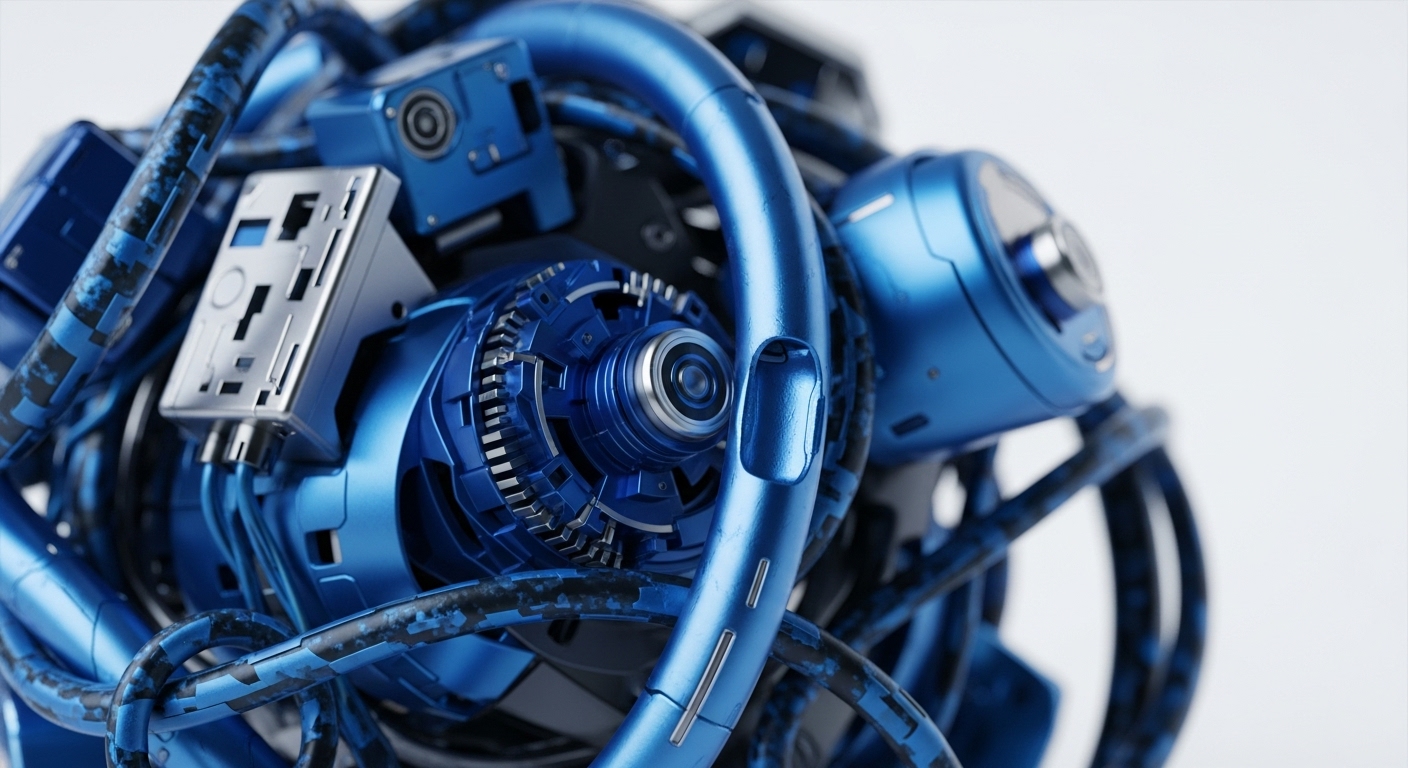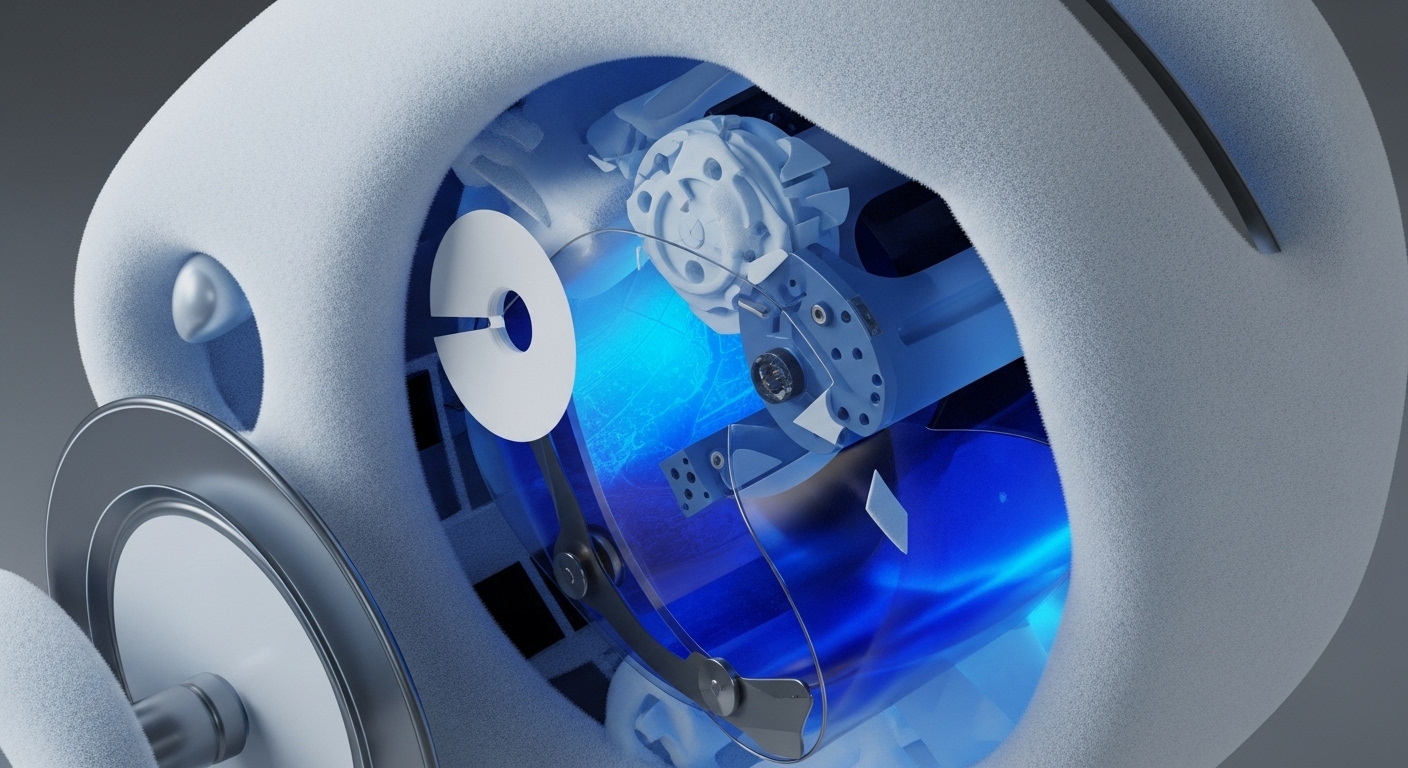
Briefing
The critical challenge of proving deep neural network training correctness without exposing sensitive model or dataset information, while maintaining practical efficiency, has constrained privacy-preserving AI. Kaizen introduces a novel zero-knowledge proof of training (zkPoT) system, leveraging an optimized sumcheck-based protocol for gradient descent and a recursive composition framework. This system dramatically accelerates prover runtime and minimizes proof size, fundamentally enabling scalable and verifiable private machine learning architectures.

Context
Verifiable machine learning, particularly proving the integrity of deep neural network training, faced significant practical hurdles due to the immense computational complexity of generating zero-knowledge proofs for iterative processes. Prior approaches struggled with prohibitive prover times and large proof sizes, limiting their real-world applicability for large models and extensive datasets. This created a chasm between theoretical privacy guarantees and the demands of practical AI deployment.

Analysis
Kaizen’s core mechanism centers on an innovative zero-knowledge proof of training (zkPoT) system. It fundamentally processes the gradient descent algorithm, the engine of deep learning training, using an optimized sumcheck-based proof system. This design allows for efficient generation of proofs for each training iteration.
A crucial innovation is the recursive composition framework, which aggregates these per-iteration proofs into a single, succinct proof, ensuring that the total proof size and verification time remain constant regardless of the training duration. This contrasts with prior methods that often scaled linearly with computation, making iterative training impractical to verify.

Parameters
- Core Concept → Zero-Knowledge Proofs of Training (zkPoT)
- New System → Kaizen
- Key Algorithm Optimized → Gradient Descent
- Proof System Type → GKR-style (Sumcheck-based)
- Recursion Mechanism → Aggregatable Polynomial Commitments
- Prover Efficiency Gain → 43x faster than generic recursive proofs
- Prover Memory Reduction → 224x less overhead
- Proof Size → 1.36 megabytes (independent of iterations)
- Verifier Runtime → 103 milliseconds (independent of iterations)
- Key Authors → Kasra Abbaszadeh, Christodoulos Pappas, Dimitrios Papadopoulos, Jonathan Katz

Outlook
This breakthrough establishes a critical foundation for privacy-preserving artificial intelligence, enabling verifiable and confidential machine learning models across sensitive domains like healthcare and finance. Future research will likely explore optimizing Kaizen for diverse neural network architectures and advanced training techniques, such as federated learning, while further reducing the constant factors of proof generation. This paves the way for a new era of trust in AI, where model integrity and data privacy are cryptographically guaranteed.

Verdict
Kaizen represents a pivotal advancement in cryptographic primitives, fundamentally transforming the feasibility of verifiable and privacy-preserving deep learning training for decentralized systems.
Signal Acquired from → eprint.iacr.org
